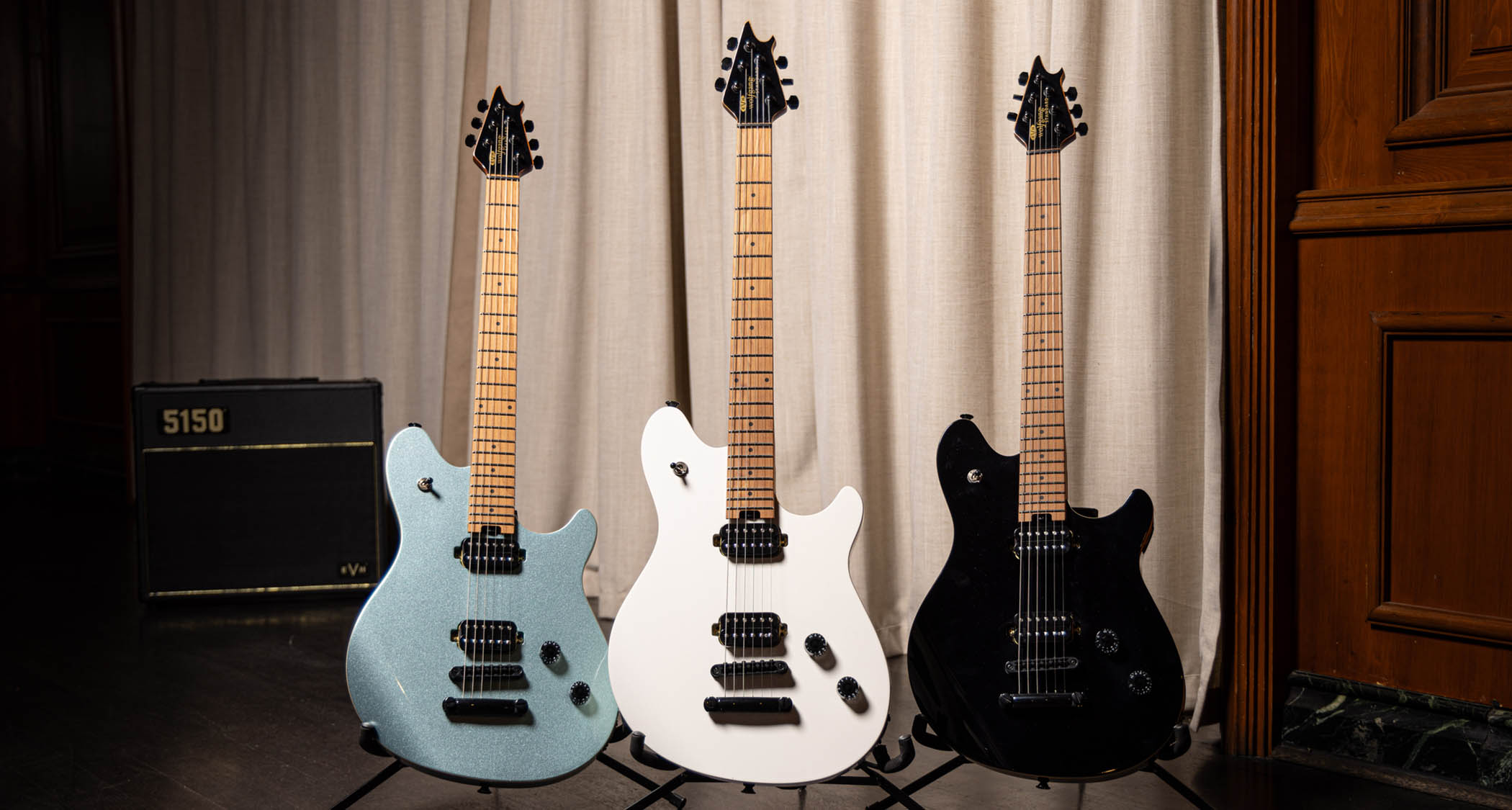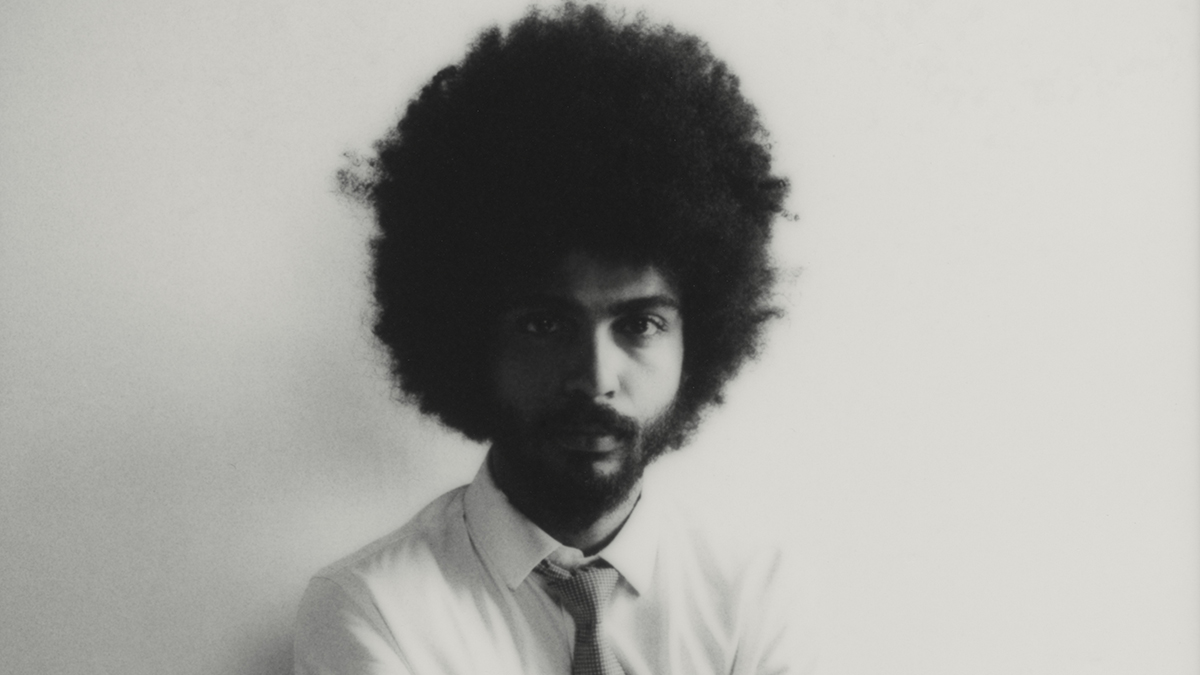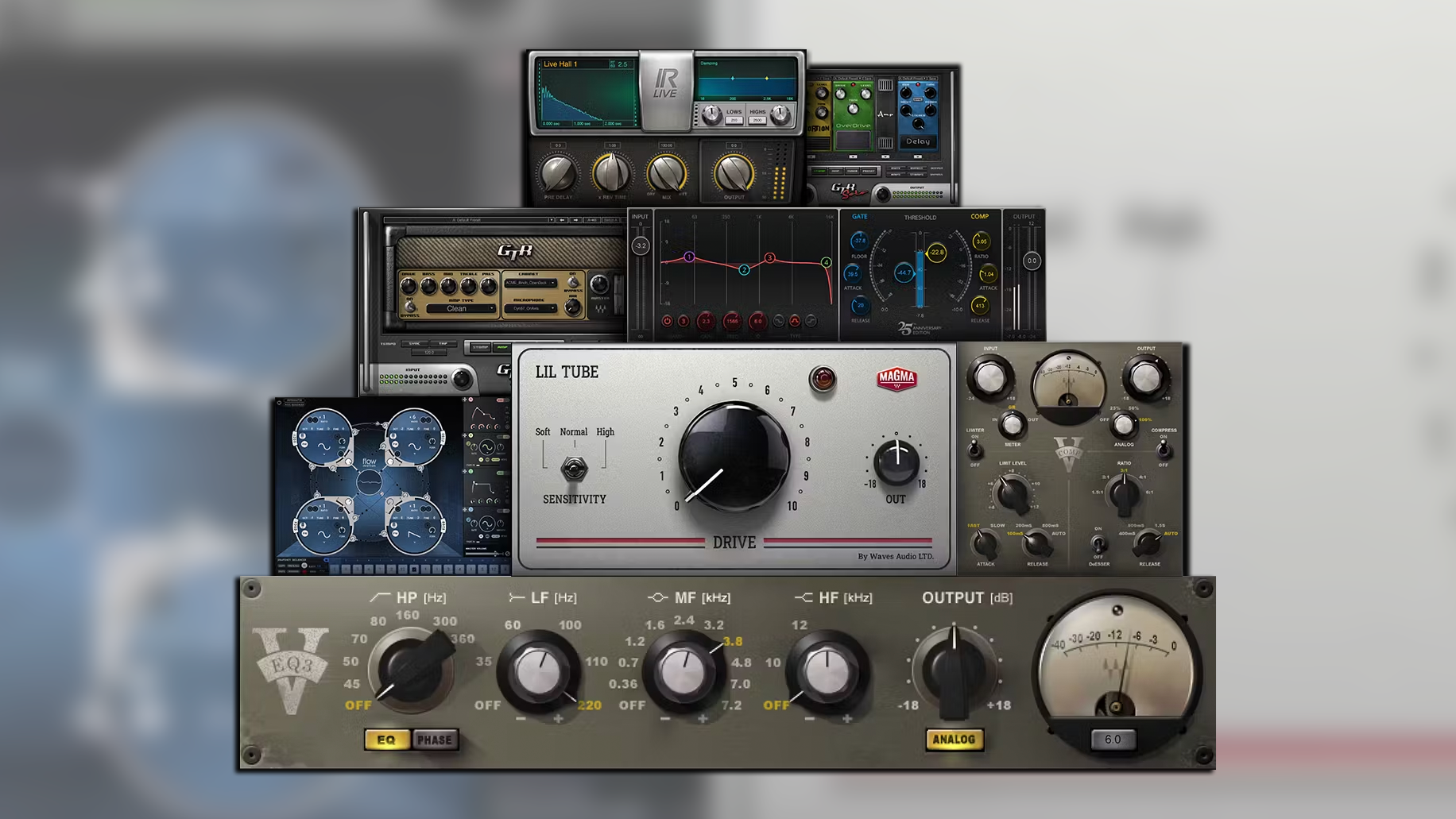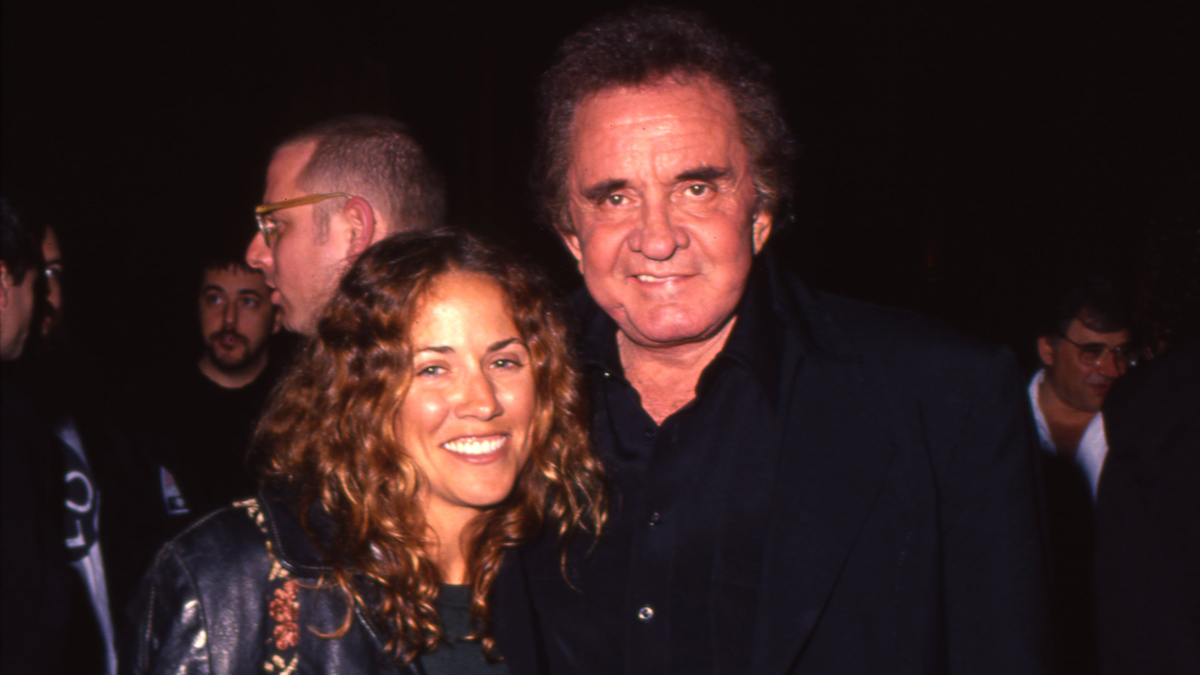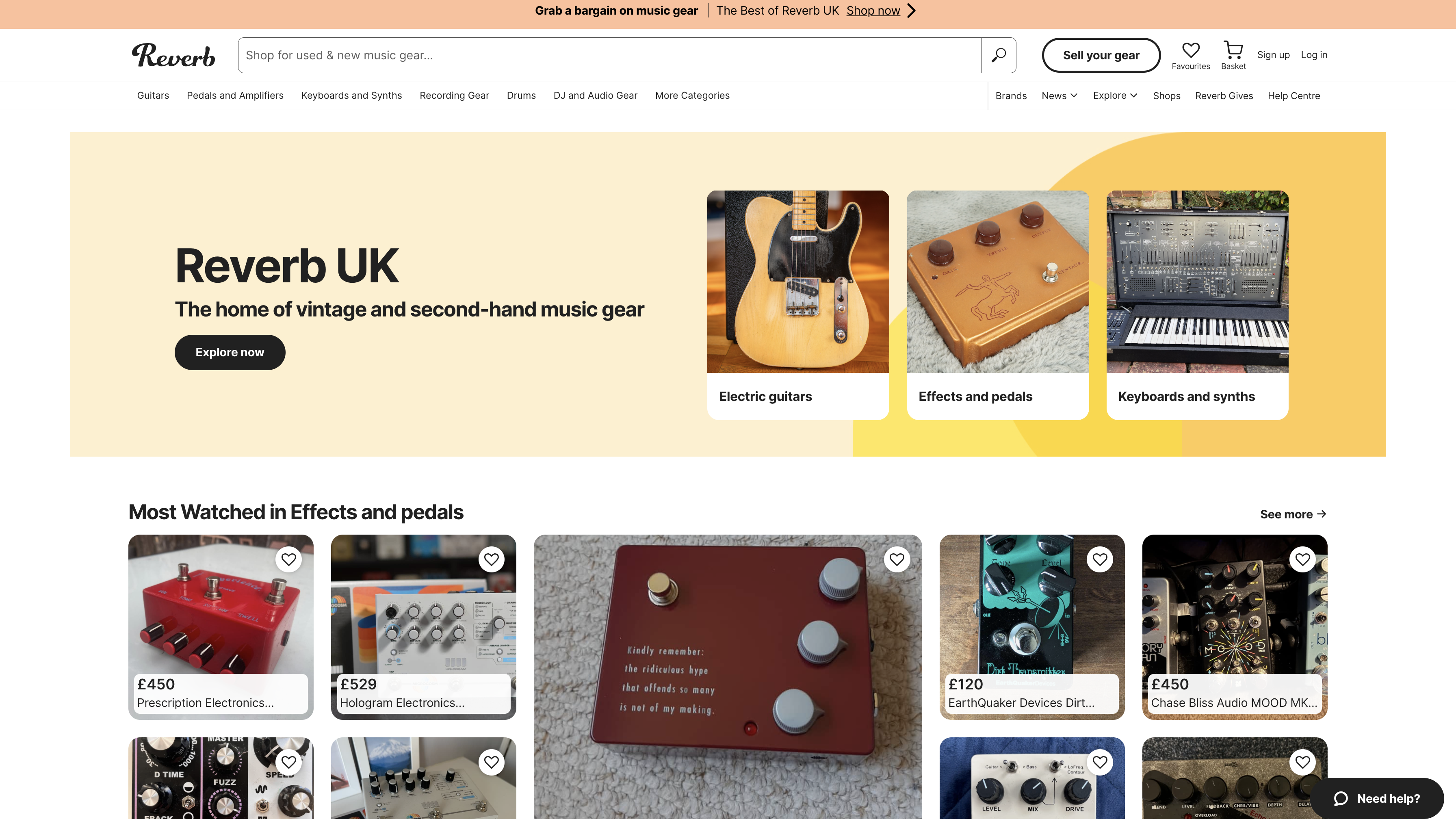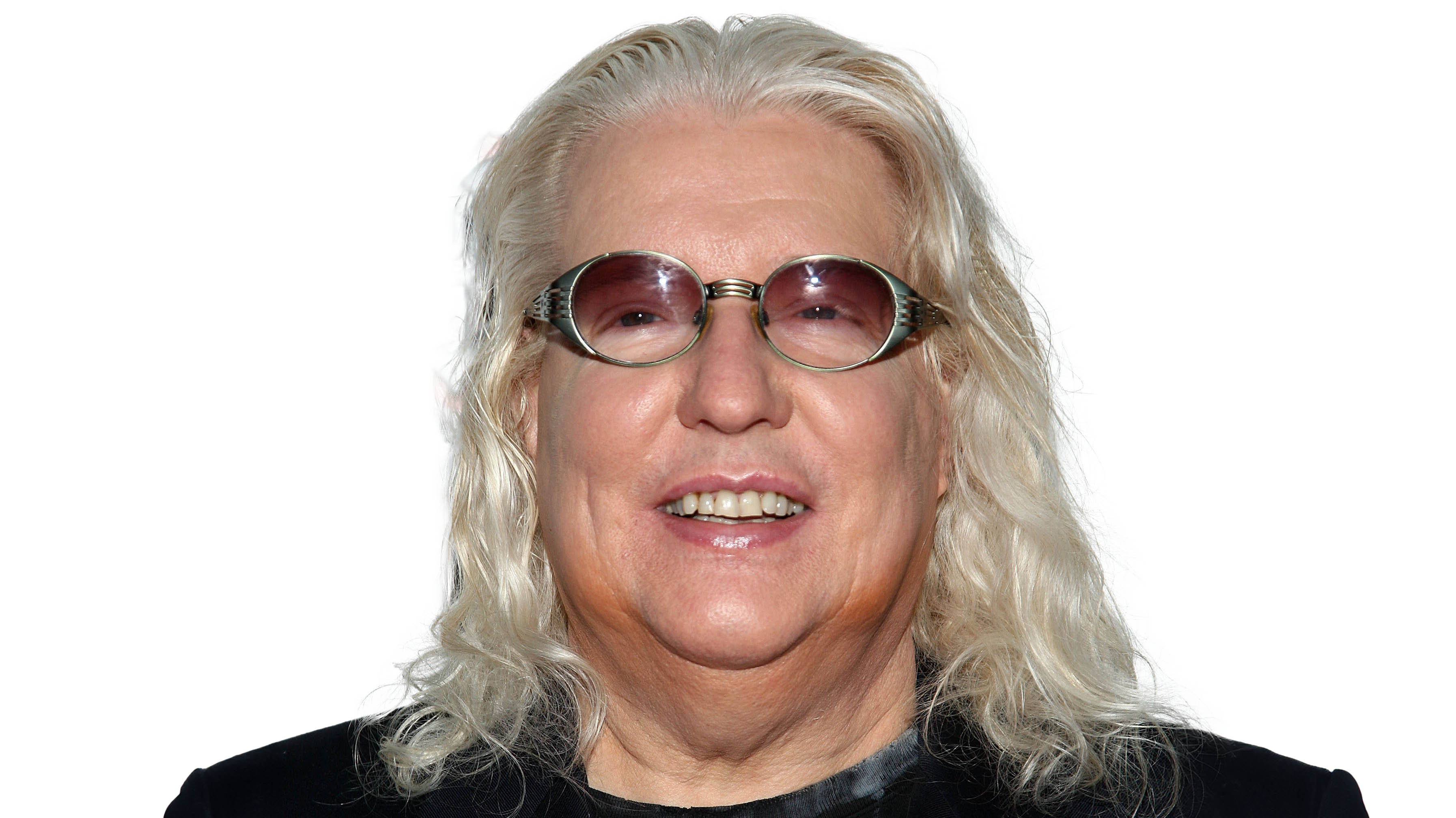Robert Babicz talks mastering
The producer and mastering engineer explains his process

What does mastering mean for you?
I would say, mastering for me is like being a makeup artist, where a nice woman is coming to you and you make the most beautiful princess in the universe out of her. It's a philosophy of how you work on a track and how you colour it with your own view."It seems like it's been confused with 'loudness'. Do you agree? If you just want to be loud, no need for a mastering. Just put a limiter on the end and push it to the limit. I would say that real mastering is more, way more."
"I personally love sound too much to be trusting a preset."
Is there an argument that some mastering plug-ins have created confusion in what mastering is for?
"Yes, sure. Recently I had a customer that was so into a preset on one of the plug-ins, that it was his only reference. And only when he was able to listen to my speakers and room he heard how much his music been fucked by this thing. But in the end, it does not count, because if you love the fucked up sound, then it's the right way. I personally love sound too much to be trusting a preset."
What's the most important thing for you, when mastering a track?
""To listen to the track. I mean really listen and understand what the track wants from you. Then you know where to go and what limits are better not pushed to far. "
"If you hear the big sounding bass waves in your room and there is a tiny kick in the track, then you should know something is not right."
How separate do you think mastering and mixing need to be to be really affective?
"For me personally, the mixing process is much more important then the mastering stage because that's the point where all important decisions are made. In mastering you are mostly able to repair and make the nice things nicer."
Do you master your own work or would you prefer a fresh set of ears and perspective?
"On my own music, I totally know what I'm doing, and the mastering is almost done in a few minutes because I really take care during the mix. There is really not much to do when I master my own music."
What tips would you give someone who didn't have the budget to have their track mastered professionally, and wanted to give it a go at home?
"The most important thing in mastering, or even doing music in general, is having a place were you are REALLY able to hear what is going on in your music, because then you hear what is wrong or right. So that means that the tiny laptop speakers are not the ones you want, and the room were you do music is also very important. If you hear the big sounding bass waves in your room and there is a tiny kick in the track, then you should know something is not right."
How important is knowing your room and your speakers?
"This is your main equipment, I would say. It took a little while for me to understand this for myself when I started. You need to hear what you do. It's the same as driving a car and having just a tiny hole as a window, you want to see where you're going!"
Get the MusicRadar Newsletter
Want all the hottest music and gear news, reviews, deals, features and more, direct to your inbox? Sign up here.
How do you approach loudness? I don't like the term 'loudness war', but if you were to give some advice on achieving loudness while maintaining a dynamic RMS level, what would it be?
"I think that it is almost like you are playing a game - you have to really try to find the balance between how far you can push the sound you have and how much you can let the music get distorted. So, you have some parameters to play with.
"I listen in three volumes usually - normal, loud and then very low."
"On the other side, you look what happens to the music when it will be played loud - does something hurt you? Then you need to put down this frequency part a bit… You really do not want to cause anyone any pain, do you?"
What's the best level to listen at when mastering? Does cranking up the sound reveal more or should you master at a more realistic listening level?
"I listen in three volumes usually - normal, loud and then very low. Usually, the very lowest volume is showing me where the loudest part in the music is.


Future Music is the number one magazine for today's producers. Packed with technique and technology we'll help you make great new music. All-access artist interviews, in-depth gear reviews, essential production tutorials and much more. Every marvellous monthly edition features reliable reviews of the latest and greatest hardware and software technology and techniques, unparalleled advice, in-depth interviews, sensational free samples and so much more to improve the experience and outcome of your music-making.
“It’s radical. It’s like magic. I get chills”: How Rick Rubin’s philosophy of chance led System of a Down to the first metal masterpiece of the 21st century
“I just treated it like I treat my 4-track… It sounds exactly like what I was used to getting with tape”: How Yves Jarvis recorded his whole album in Audacity, the free and open-source audio editor

![Gretsch Limited Edition Paisley Penguin [left] and Honey Dipper Resonator: the Penguin dresses the famous singlecut in gold sparkle with a Paisley Pattern graphic, while the 99 per cent aluminium Honey Dipper makes a welcome return to the lineup.](https://cdn.mos.cms.futurecdn.net/BgZycMYFMAgTErT4DdsgbG.jpg)
